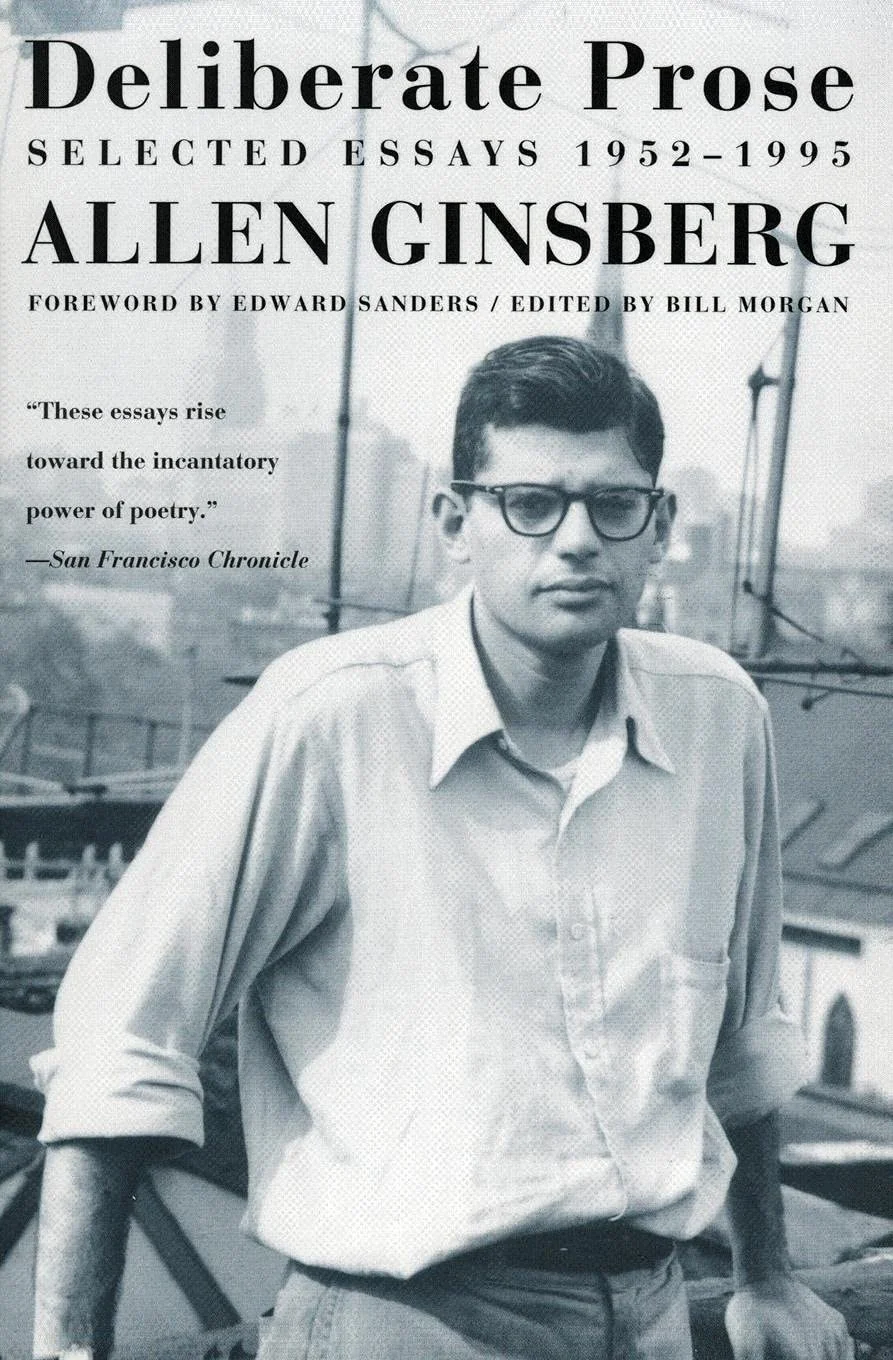The Beat Generation
Whistlestop Bookshop opened in 1985. When I think about writers or categories or particular books that have sold steadily, without flagging, for over 30 years, I think I learn about my own philosophy of bookselling, I learn about my customers over time and generations, and I learn about the literature. Sometimes it is a book (Goodnight, Moon, say, or Killer Angels), sometimes it is a category (science fiction/fantasy or nature guides), and sometimes a particular author (Kurt Vonnegut, Jane Austen). I am both surprised and pleased that the Beats have sold since the beginning and show no signs of slowing down.
The history of the Beat Generation is complex and absorbing. Think of analogies being the Transcendentalists or the Lost Generation. Briefly and unfairly summarized, think of a small group of writers from very different backgrounds meeting at Columbia University after World War Two, creating the beginnings of a network that was nurtured in New York City but soon found simultaneous developments in San Francisco and the Pacific Northwest.
The Beats recognized and valued spontaneity, non-conformity, spiritual quests outside of social structures, suspicion of materialism, the intimate conversation between music (especially jazz) and language, and a burning, sometimes self-destructive, passion for freedom.
As you can see in our offerings here, Jack Kerouac was a central figure, as were Allen Ginsberg and Lawrence Ferlinghetti. Other names are here, too -- William S. Burroughs, Jr., Gary Snyder, Kenneth Rexroth, Carolyn Cassady. I will add titles and writers as I remember the associations, and as new critical or historical evaluations are published. Enjoy what my customers have been celebrating for three decades plus now!
Deliberate Prose: Selected Essays 1952-1995
Deliberate Prose: Selected Essays 1952-1995
Whether criticizing the American government, protesting the war in Vietnam, or denouncing capitalism, Ginsberg gave voice to the moral conscience of the nation. His personal essays on Jean Genet, Andy Warhol, Philip Glass, and others, give us compelling portraits of his fellow artists. And his views on poetry, free speech, Buddhism, and the Beats reflect the concerns of the postwar American culture he helped shape.
Provocative, playful, eloquent, and of the moment, these essays offer a social history of modern America that remind us of the events and issues that preoccupied the minds of a nation -- and one of its most influential citizens -- in the postwar years.

